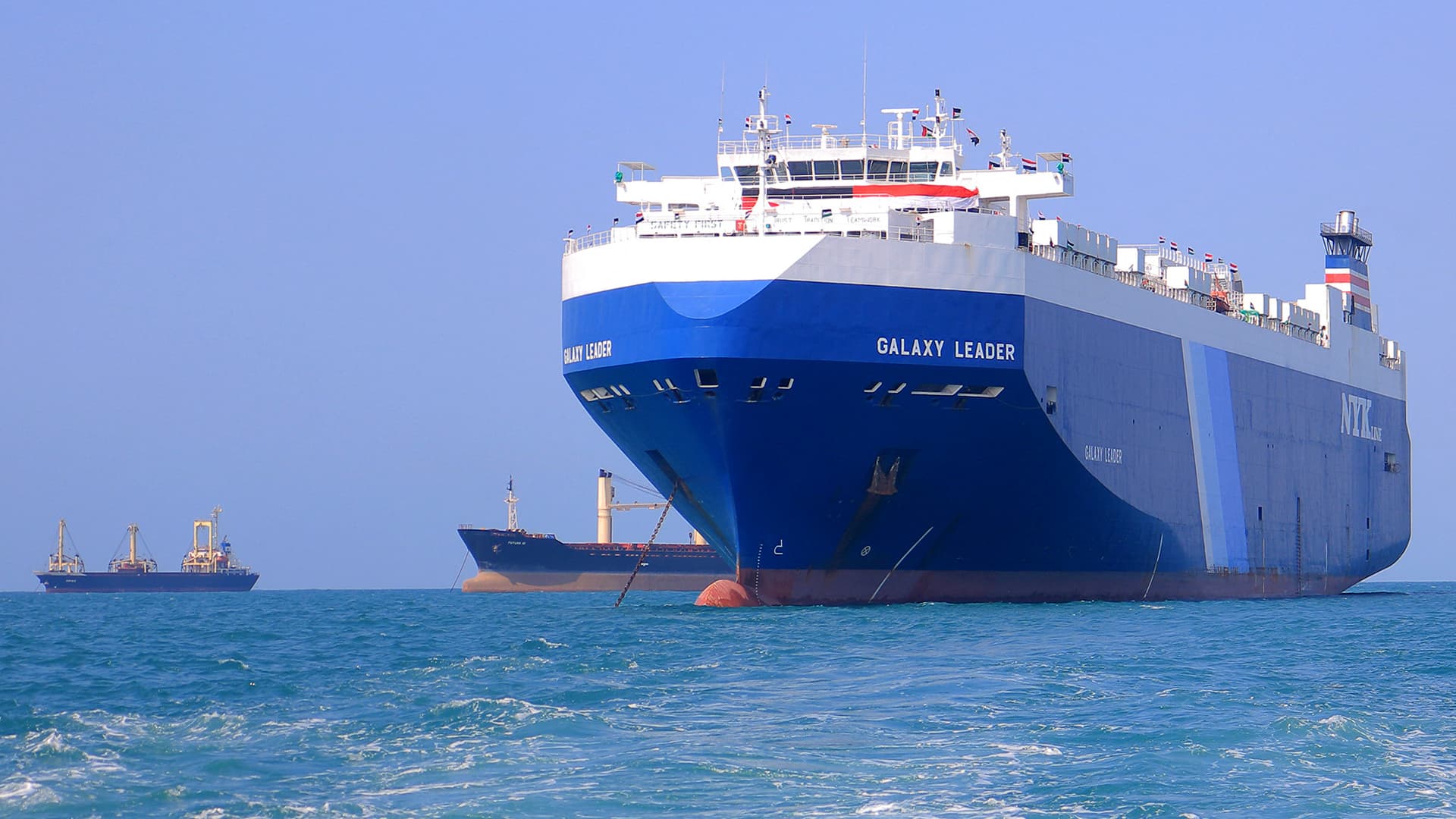Oil prices rose on Tuesday after Iran dispatched a warship to the Red Sea, as the situation remains tense in the critical waterway for global shipments that has seen vessels attacked by Yemen’s Houthi rebels.
Global crude benchmark Brent jumped 1.6% to $78.27 a barrel, while the U.S. West Texas Intermediate rose 1.42% to $72.67 per barrel during Asia trading hours.
Iran on Monday announced it sent the Alborz destroyer through the strategic Bab al-Mandeb Strait, the country’s state media reported, without elaborating on details of the warship’s mission. It added that operations are periodically conducted in the Red Sea to secure shipping routes.
The move comes after the U.S. Navy destroyed three boats of Iran-backed Houthi rebels, killing 10 militants, according to an AP report. The Navy was responding to a distress call by Singapore-flagged vessel Maersk Hangzhou which had come under Houthi fire, the U.S. Central Command said in a statement.
In a statement by a rebel spokesman on Sunday, the Houthi group maintained that the boats were engaged in “official duties to secure maritime routes”, a news channel owned by the rebels stated.

“Any escalation of conflict in this region is certainly going to add more of a risk premium on Brent,” Bernstein’s Senior Energy Analyst Neil Beveridge told CNBC. He noted, however, that there won’t be any major impact just yet.
“We haven’t seen the Iranian naval incursions before. And as long as it really doesn’t lead to any escalation, then I don’t really see any significant impact at this level,” he added.
I do want to also get your view broadly on oil markets and you know, the whole demand supply mismatch where there being oversupply concerns, what would that mean for all prices? Because they’ve been pretty stable, ignoring pretty much what could be leading to downward pressure and the price of oil.
The Houthi group has been attacking vessels in the Red Sea, targeting Israeli ships and other vessels headed to or from Israel, in retaliation for the country’s war in Gaza that has so far killed nearly 22,000 people there.
Major shipping companies stopped traversing the Suez Canal and Red Sea routes in early December, choosing to reroute via southern Africa instead — a longer and more expensive journey with ocean freight rates hitting as high as $10,000 per container.
German container shipper Hapag-Lloyd said Friday it would continue to divert its vessels around the Suez Canal.
However, the launch of Operation Prosperity Guardian, a multinational maritime force, by the U.S, has bolstered the confidence of shipping companies. Danish shipping giant Maersk said Sunday it would resume operations in the Red Sea and the Gulf of Aden.
